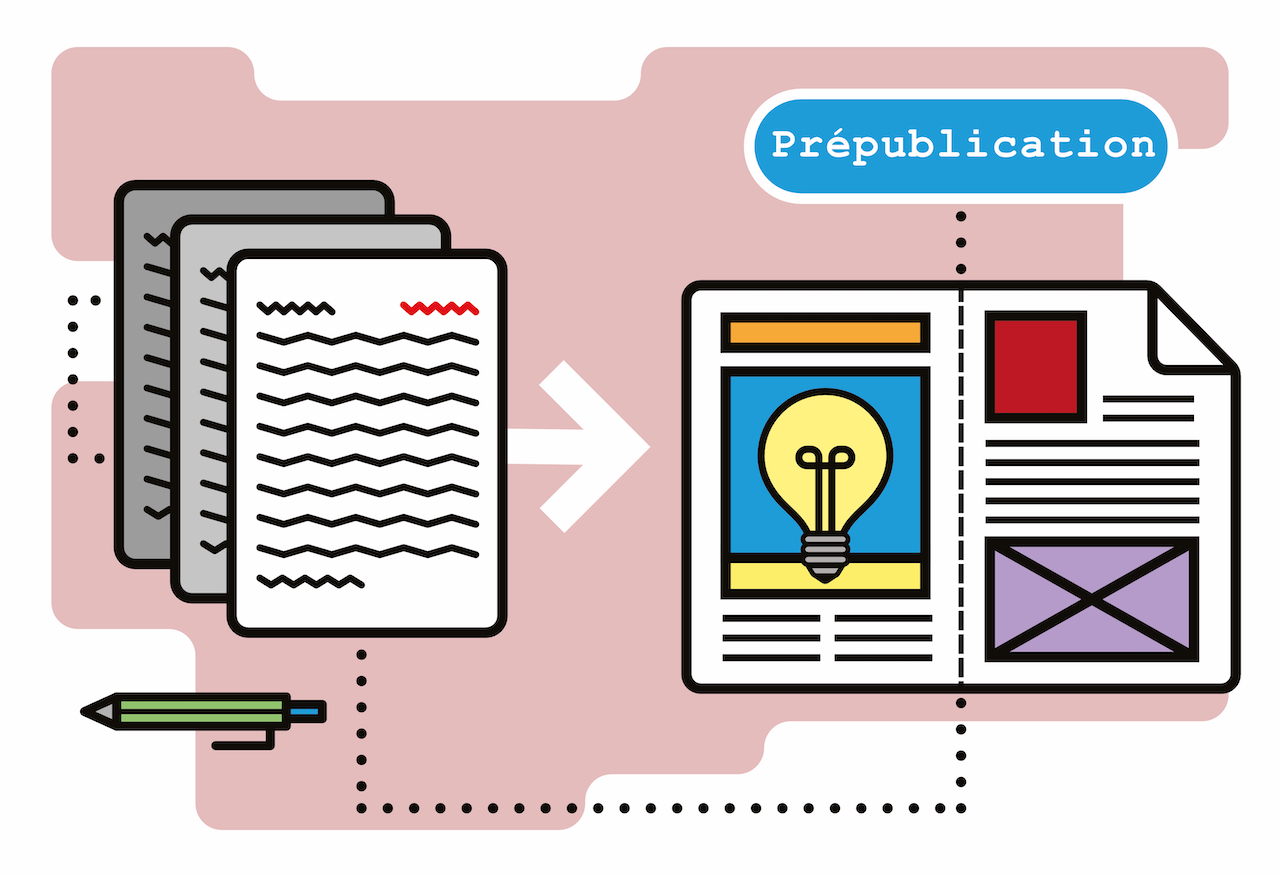Fiche du document
2024
- ISIDORE Id: 10670/1.5eb066...
- hal: hal-04504000
- doi: 10.1080/13603116.2024.2303137
Ce document est lié à :
info:eu-repo/semantics/altIdentifier/doi/10.1080/13603116.2024.2303137
info:eu-repo/semantics/OpenAccess
Mots-clés
inclusive education instructional time inclusion time SDQ (Strengths and Difficulties Questionnaire) students with a disabilitySujets proches
Hours (Time)Citer ce document
Françoise Guillemot et al., « Amount of instructional and inclusion time for children with disabilities in France », HAL SHS (Sciences de l’Homme et de la Société), ID : 10.1080/13603116.2024.2303137
Métriques
Partage / Export
Résumé
In 2010, France ratified the Convention on the Rights of Persons with Disabilities, Article 24 of which promotes access to an inclusive quality education. The aim of this research is to study the actual situation of the inclusion of children with disabilities in France. The parents of 552 children with disabilities, aged between 3 and 18, were interviewed about the amount of instructional and inclusion time of their child. Inclusion time refers to instructional time spent with non-disabled peers. The parents also specified the nature and severity of their child’s disability, the potential difficulties linked to the child’s behaviour using the Strengths and Difficulties Questionnaire (SDQ ; Goodman 2001), the child’s academic level and various socio-demographic variables. The study shows that the amount of instructional time of children with a disability is significantly lower than that of non-disabled children. Children with an intellectual disability or with ASD (Autism Spectrum Disorder) have significantly less instructional time than children with a motor disability, dys-disorder or ADHD (Attention Deficit/Hyperactivity Disorder). An important number of hours of inclusion is associated with a high academic level, particularly in mathematics. The higher the total score of emotional difficulties is, the lesser the child is schooled and included; conversely, a high score of pro-social behaviour is associated with more hours of instruction, after controlling the other variables. Finally, the parents’ socio-professional category has an impact on instructional time and even more so on inclusion time, in favour of children with an advantaged background.
